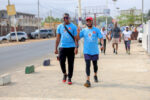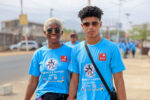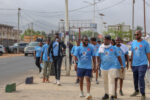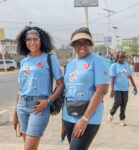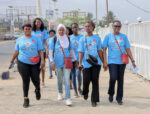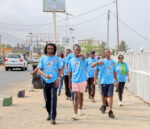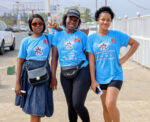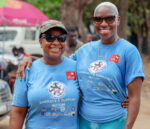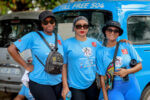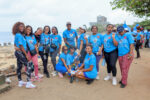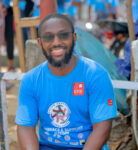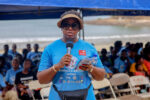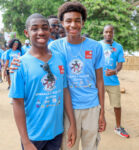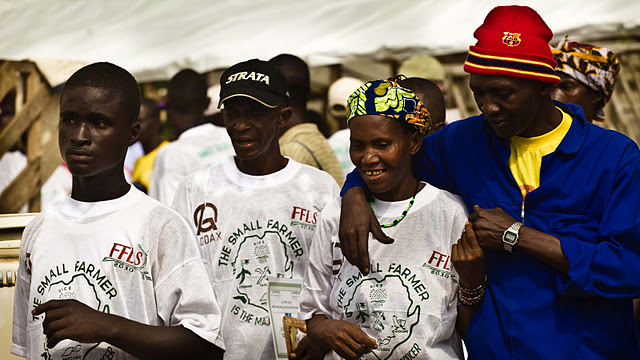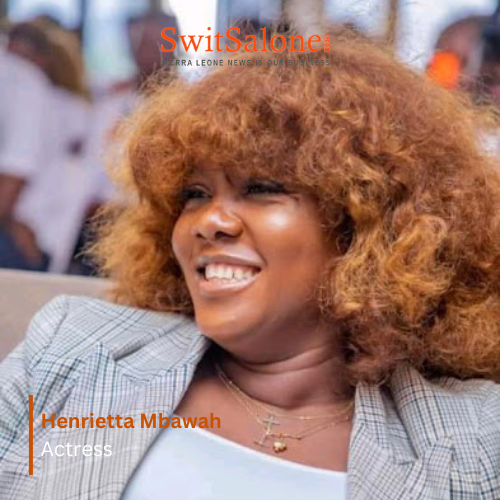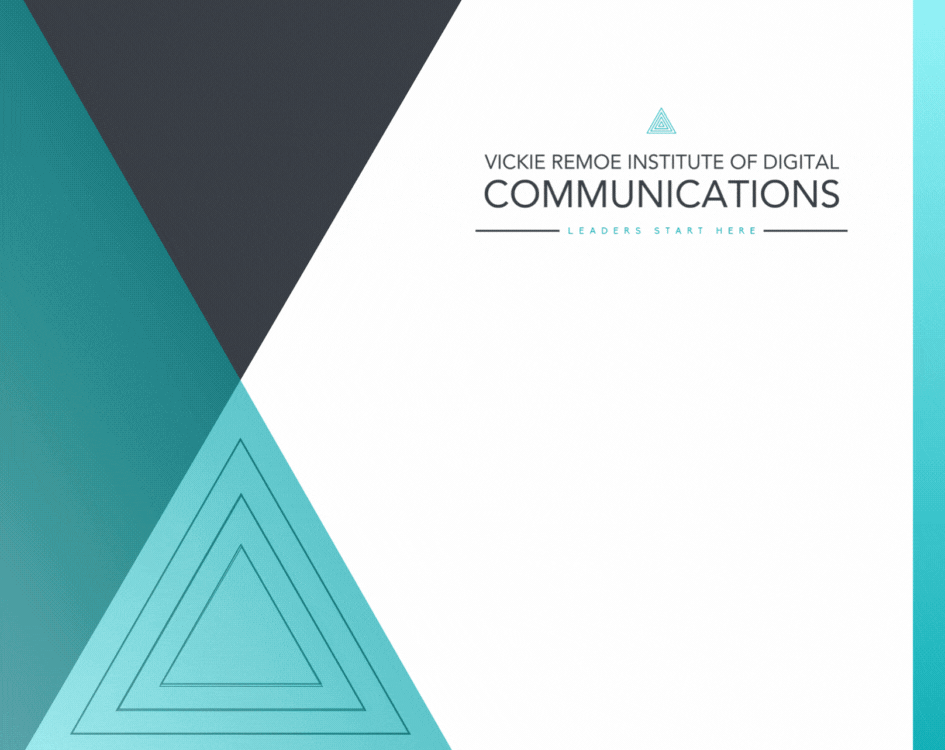Sierra Leone Autism awareness walk highlights stigma offers hope for acceptance
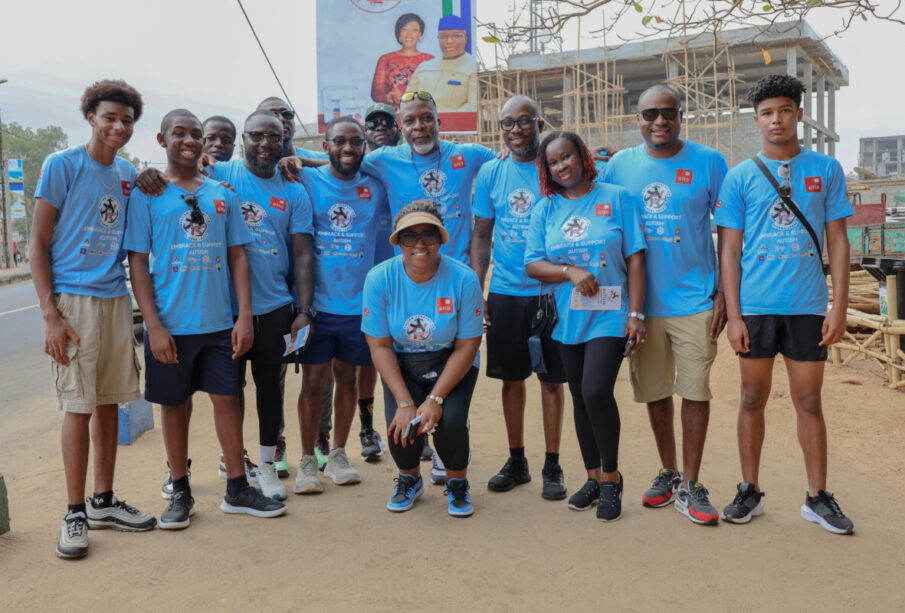
On a bright Saturday morning, the last weekend in April, Freetown’s residents came out in their hundreds for the Autism Awareness Walk. Organized by the Autism Consortium Sierra Leone, the first-of-a-kind gathering allowed persons with autism and their families to come out from the shadows to promote autism acceptance and inclusion.
The sponsored walk kicked off at the Golf Club at Lumley Beach. About 300 people walked the 5km to the endpoint at Family Kingdom. Among the participants were parents of autistic children, devoted friends, and supporters.
“For me and my child, every day is autism day,” said Suafiatu Tunis. Her daughter Fatima Zahara Sesay, 25, is autistic.
“We go through so much, but we appreciate that a day is set aside so that we can all come together to know each other and discuss our daily challenges and successes.”
She said that Sierra Leoneans need to know that autism is not an infectious disease.
“Autism is a brain condition. Children with autism should not be pushed aside or treated like thieves.”
Autism is a naturally occurring neurological disorder. There are over 600 neurological diseases and disorders. Some of the most common include epilepsy, learning disabilities, neuromuscular disorders, ADD, brain tumors, cerebral palsy, and autism. Without available neurology expertise in Sierra Leone, most people go undiagnosed.
People with autism have varying social and communication skills, affecting the way they think, express emotions and behave. As there’s limited autism awareness, society often regards those with the disorders as mentally ill or cursed. Persons with special needs are subject to discrimination, stigma and sometimes extreme cruelty.
That’s why this inaugural walk was necessary. It’s the first time families could share their stories and challenges and push back against the stigma by creating awareness. Autism can affect anyone.
Henrietta Bassey, founder of Junior’s Place of Hope, said when she returned to Sierra Leone with her American-born autistic son, no one could understand his needs.
“There were no programs available in Sierra Leone for children with autism; people thought her son, Junior, had a mental illness,” she said.
Bassey decided to be the change she wanted to see. In 2018, she founded Junior’s Place in Bo, Southern Sierra Leone, an autism support center.
“We teach special needs and autistic children the basics of life, how to feed themselves, use the restroom, and social skills,” she said.
Her efforts have not gone in vain. In February this year, Junior’s Place of Hope opened its doors as a school with a curriculum that meets the learning needs of autistic children.
“We don’t put them in a classroom with 20 other children; we teach them differently and offer one-on-one sessions.”
Through individual efforts like Junior’s Place and collective action; the consortium’s walk, the autism acceptance movement is growing.
Junior’s Place is a member of the Autism Consortium, which includes Life of an Autistic Mum, the Sierra Leone Autistic Society, and Puzzle Pieces Sierra Leone.
Founded by Nallah and Ibrahim Cole, Puzzle Pieces Sierra Leone grabbed global attention earlier this year when Ibrahim Cole entered and completed the 9000 km Budapest to Bamako rally for autism awareness.
Since 2019, the husband and wife duo have made it their mission to support leading autism organizations and schools. Their American-born and Sierra Leone-raised son, Mahmoud, 13, is autistic. When doctors diagnosed Mahmoud after his second birthday, the Coles were able to access world-class care and therapy for him. Their mission is to bring the same services they received abroad for Mahmoud to Sierra Leone.
“Our goal is to build the first therapy center in Sierra Leone for children with autism and special needs,” said Nallah Cole.
“The center will diagnose special needs and be a place where they can learn, grow, and thrive. When more people know about autism, and children get the support they deserve, it increases acceptance and reduces stigma.”
View this post on Instagram
- Autism Awareness Walk
- Autism Awareness Walk
- Autism Awareness Walk
- Autism Awareness Walk
- Autism Awareness Walk
- Autism Awareness Walk
- Autism Awareness Walk
- Autism Awareness Walk
- Autism Awareness Walk
- Autism Awareness Walk
- Autism Awareness Walk
- Autism Awareness Walk
- Autism Awareness Walk


